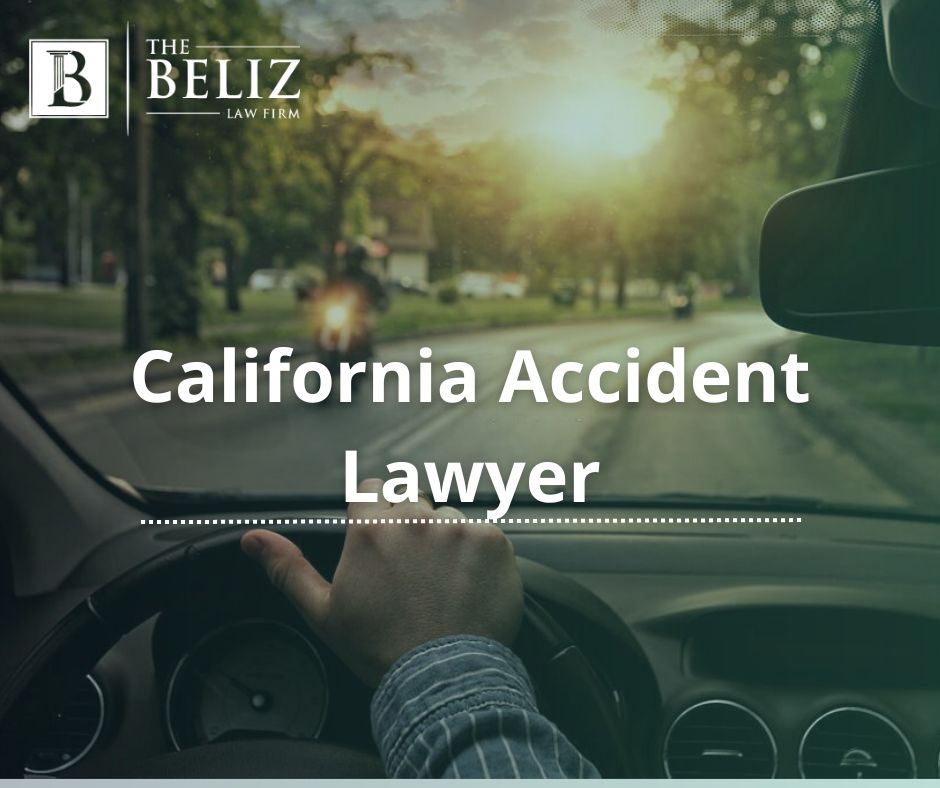
Motorcycle vs. Car Accident: Similarities and Differences
Oct 13, 2023 | Read Time: 3 minutesTraffic accidents are unfortunate no matter the circumstances, especially when they result in severe, life-threatening, or even deadly injuries. Motorcycle and car accidents fall under two distinct categories among the various potential accidents. It likely doesn’t shock most people to know that motorcycles are far more dangerous than most vehicles. However, this does not necessarily mean that you will recover more compensation after a collision with a motorcycle vs a car accident. Each accident differs in terms of causes, damages, and legal implications. Car vs. Motorcycle Accident Statistics When looking at the statistics of motorcycle crashes and crash-related fatalities, it’s alarming to see how many involve motorcycles. Over the past couple years, Insurance Information Institute (III) statistics show that the occupant fatality rate was 10.79 for every 100,000 registered cars and 60.03 for every 100,000 registered motorcycles. These figures show the risk of a fatal crash was almost six times higher among motorcycle riders. Another alarming difference can be seen when comparing the fatality rate in proportion to the miles traveled. The III estimates that the fatality rate for motorcycles is 25.67 for every 100 million miles traveled, which is shocking compared to the mere 0.67 for passenger cars. Causes of Motorcycle and Car Accidents A common cause of both motorcycle and car accidents is human error. Human error could be distracted driving, speeding, impaired driving, or failing to obey traffic rules. For motorcycle accidents, additional factors can contribute to the cause, such as lane splitting, lack of visibility, and the smaller size and maneuverability of motorcycles. Additionally, due to the fundamental differences in size, weight, and maneuverability, motorcycles and cars handle differently on the road. Motorcycles are more susceptible to loss of control due to road hazards, potholes, or uneven surfaces, which can cause an accident. In contrast, cars are relatively more stable but are prone to rollovers, especially during high-speed collisions Damages in Motorcycle and Car Accidents Regarding a personal injury case, the more severe injuries a rider or driver sustains, the higher the damages and the more compensation the individual may recover. A significant distinction between motorcycle and car accidents is the level of protection offered to the individuals involved. Car occupants benefit from the safety features such as seat belts, airbags, and the vehicle’s structural integrity. On the other hand, motorcyclists are exposed to direct impact with the road, other vehicles, or roadside objects, leading to a higher likelihood of fractures, head injuries, spinal cord injuries, or even fatalities. Car accidents can also cause significant injuries, but the safety features in cars often provide more protection for the occupants. The greater risk to motorcyclists tends to correlate with higher injuries. Property damage is another factor considered in a personal injury recovery. Motorcycle and car accidents can both result in property damage. However, due to the size and weight difference, car accidents may lead to more substantial damage to the vehicles involved. At the same time, motorcycles are more prone to complete loss, especially in high-speed collisions. Legal Options for Car Accidents VS Motorcycle Accidents In California, the legal options for motorcycle and car accidents share some similarities, but there are also distinct considerations. Motorcycle riders in California must carry liability insurance, just like car drivers. However, the insurance coverage for motorcycles may differ from that of cars due to the increased risk associated with motorcycles. Additionally, California has specific laws and regulations pertaining to motorcycles, such as helmet requirements for riders. These unique laws could impact liability and the legal options available for motorcyclists involved in an accident. Lastly, California follows a comparative negligence system, meaning an insurance company or jury can apportion fault among multiple parties involved in an accident. There is a perceived bias against motorcyclists due to certain stereotypes associated with motorcycle riders. The bias could mean the insurance company or jury might award a motorcyclist an unfair percentage of fault. So while the potential for greater damages exists in a motorcycle accident case, it could be offset by the rider’s contributory negligence or perceived bias against them. That’s why it’s in the best interest of a motorcyclist to gather strong evidence and seek legal representation to protect their rights. California Accident Lawyer If you are a motorcycle or car accident victim and would like to pursue legal action against an at-fault party for damages, we can help. Michael A. Beliz has handled hundreds of accident cases as an attorney for over a decade. You can be confident The Beliz Law Firm will handle your case professionally and as efficiently as possible. Contact us today!
Continue Reading